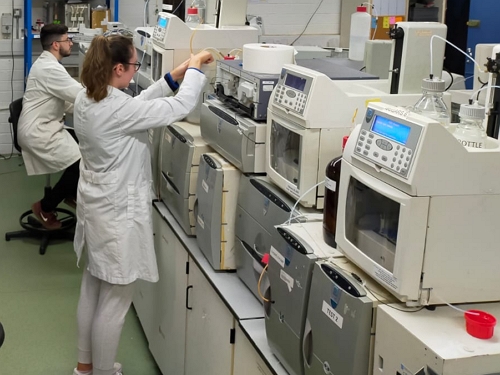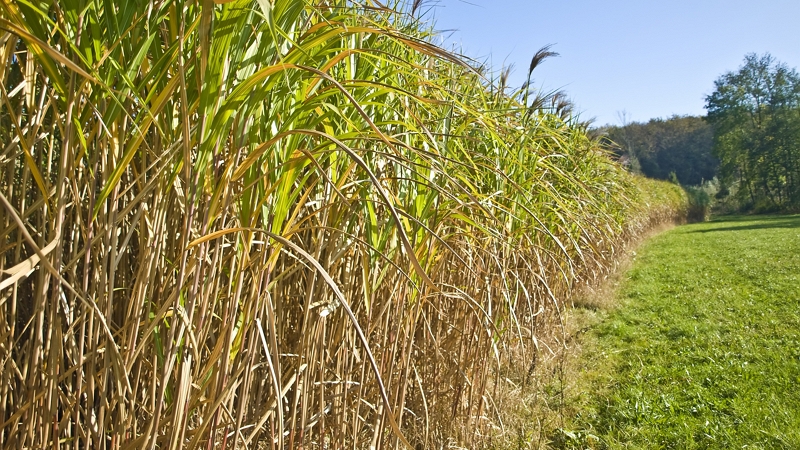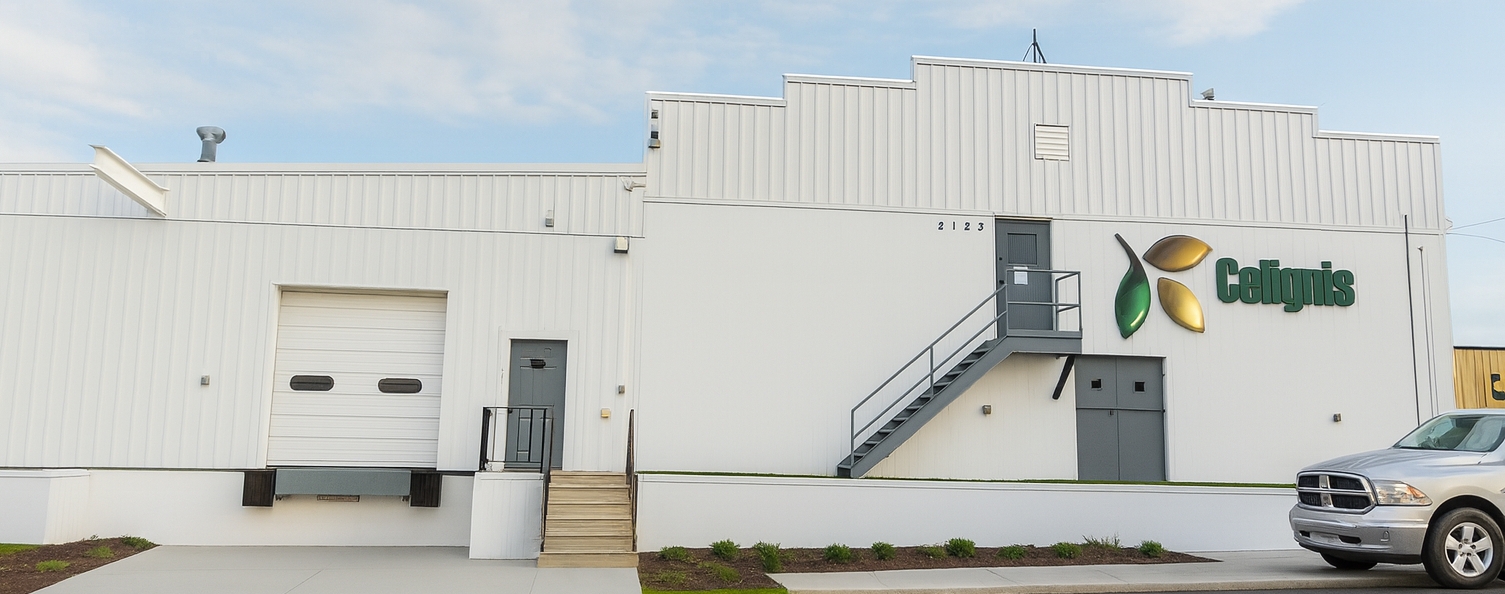Analysis of Proline
Proline (pyrrolidine-2-carboxylic acid) is a non-polar amino acid belonging to a class of
secondary amines. It is a non-essential amino acid in mammals as it is synthesized from
arginine and glutamate.
Proline is involved in glutamate regulation in the body and is crucial for dissipating excess
glutamate formation during methamphetamine drug abuse.
Proline present in protein contributes to its structural integrity and protein-protein integration. Studies involving young pigs and chicken revealed the essential role of proline in growth and development.
High proline producing Corynebacterium glutamicum mutants are the attractive microbial source for industrial-level production of proline. Due to its chiral structure, proline is a good organocatalyst for chemical reactions. It is also used as an osmoprotectant in pharmaceutical, food and cosmetic products.
In plants, L-proline functions as an antioxidant, osmoprotectant and metal chelator. Hence, exogenous application of proline can protect plants from abiotic stress-related damage. Proline content in plant leaves can be used to measure the salinity stress on plants.
Generally, seaweeds are rich in proline amino acid, though some climatic variation in proline content in seaweeds had been reported.
Proline present in protein contributes to its structural integrity and protein-protein integration. Studies involving young pigs and chicken revealed the essential role of proline in growth and development.
High proline producing Corynebacterium glutamicum mutants are the attractive microbial source for industrial-level production of proline. Due to its chiral structure, proline is a good organocatalyst for chemical reactions. It is also used as an osmoprotectant in pharmaceutical, food and cosmetic products.
In plants, L-proline functions as an antioxidant, osmoprotectant and metal chelator. Hence, exogenous application of proline can protect plants from abiotic stress-related damage. Proline content in plant leaves can be used to measure the salinity stress on plants.
Generally, seaweeds are rich in proline amino acid, though some climatic variation in proline content in seaweeds had been reported.
Click here to place an order for determining Proline.
Request a QuoteProline Content
Analysis Packages for Proline
Equipment Used for Proline Analysis

Ion Chromatography
A Dionex ICS-3000 system that is equipmed with electrochemical, conductivity, and ultraviolet-visible detectors.




